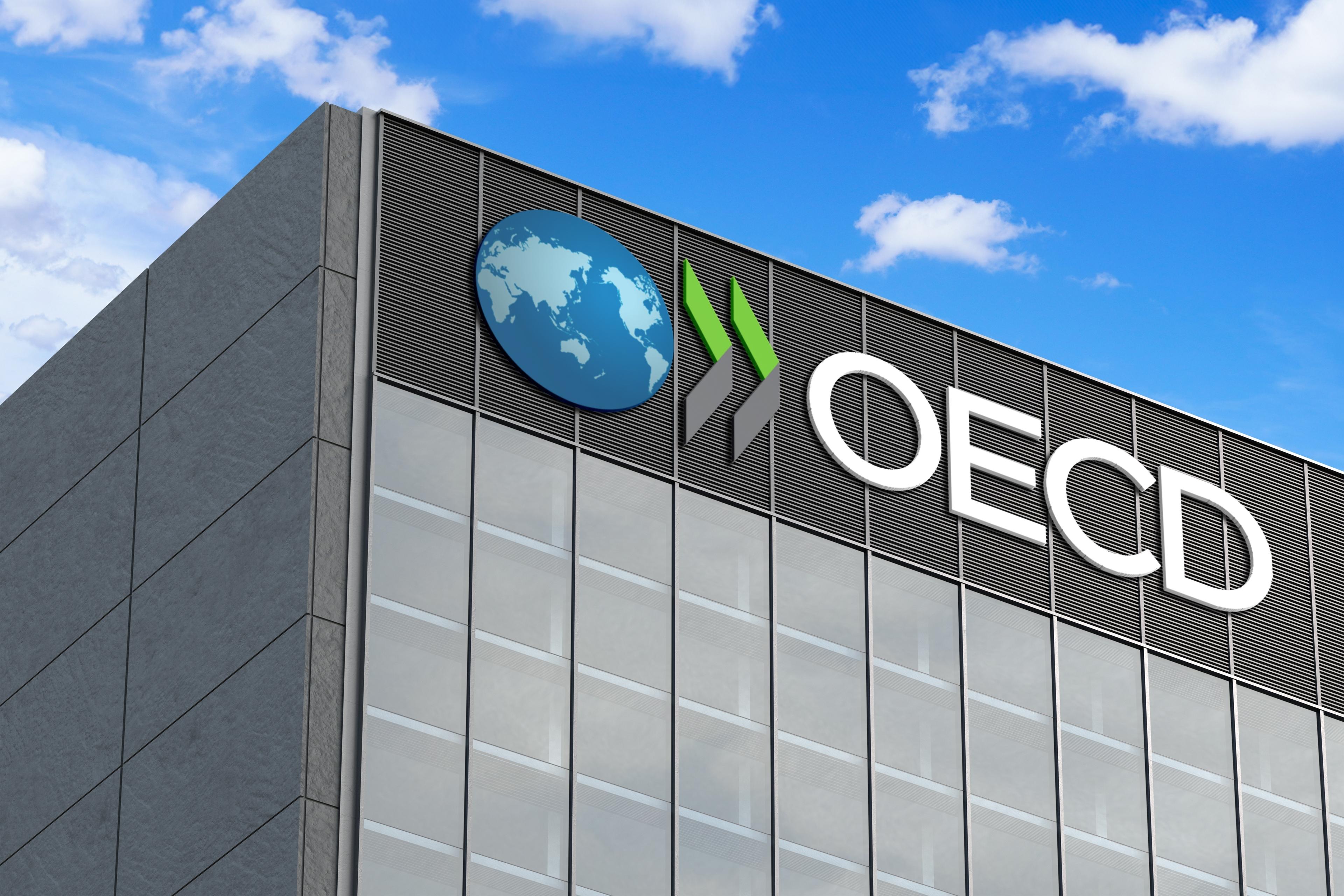OECD, Cost of Living, Inflation
Food and Beverage Prices in Israel Exceed OECD Average by a Whopping 52%
The only thing that is way below the OECD average is telecoms.

In a startling revelation, Israel has emerged as one of the most expensive countries for consumers among developed nations, second only to South Korea. The latest OECD report paints a stark picture of a country where the cost of necessities has far outpaced the average of its economic peers.
As reported by the Times of Israel, food and beverage prices in Israel stand at a staggering 52% above the OECD average, a figure that has sent shockwaves through the nation. The bread and grains sector, a staple in any household, is particularly hard hit, with prices soaring 49% above average. Only Switzerland surpasses Israel in this category.
The dairy aisle tells an equally grim story. Israeli consumers face the second-highest prices for dairy and eggs among OECD nations, a whopping 64% above average. Even fruits and vegetables, abundant in the Mediterranean climate, come at a 25% premium compared to other developed countries.
These figures aren't just statistics; they represent real challenges for Israeli families struggling to make ends meet. The causes are complex: an over-concentrated food retail sector, import tariffs, regulatory hurdles, and kosher restrictions all contribute to a market that seems to defy the laws of supply and demand.
The irony of Israel's economic landscape is not lost on observers. While food prices soar, the telecom sector offers a rare bright spot, with prices 30% below the Western average, thanks to reforms that increased competition.
The Bank of Israel is grappling with inflationary pressures with defense expenditures rising and consumer prices accelerating faster than anticipated.
The question now facing policymakers and citizens alike is how to bridge the gap between Israel's reputation as a "start-up nation" and the harsh economic realities faced by its populace. The country that made the desert bloom now faces a different kind of drought – one of affordability – as the cost-of-living threatens to redefine daily life for millions.